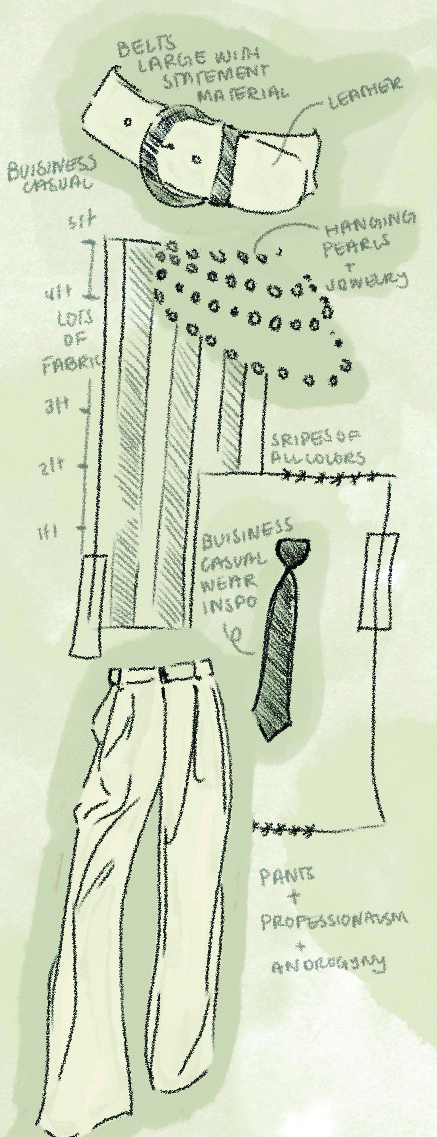
By Librarian and Lincoln-Douglas Debate Coach Adam Torson
President Barack Obama and Governor Mitt Romney squared off on Wednesday in the first of three debates. While each candidate had his good and bad moments, the consensus is that the debate was a victory for Governor Romney (and perhaps a decisive one). In the first 45 minutes of the debate the candidates discussed a range of economic issues, notably unemployment, tax policy and deficit reduction.
As expected, the President argued that Governor Romney’s plans lack specificity, and that his many promises simply can’t all happen at the same time. That argument is reasonably compelling. Governor Romney has pledged to balance the federal budget in eight years (so that the federal government doesn’t spend more than it takes in), and to reduce the share of the economy that consists of government spending from 23% to 20% (a significant decrease). At the same time, however, the Governor has pledged to increase defense spending by approximately $2 trillion, cut income tax rates by 20% across the board, and restore $716 billion to Medicare.
Governor Romney claims that he can prevent these spending increases from increasing the deficit by doing away with many tax deductions and loopholes, but he hasn’t specified which ones, and has pledged to maintain the mortgage interest tax deduction, which is one of the largest tax deductions from a revenue perspective. The Romney campaign claims that the rest will be covered by increased revenues from economic growth (i.e. as more people get jobs and businesses do better, they pay more in taxes), but projections for economic growth are highly speculative. Moreover, many believe that his plan will require so much spending reduction in domestic programs that it will never pass Congress in the first place.
Governor Romney had equally strong criticism for the President. He argued that President Obama’s push to pass the Affordable Care Act (aka Obamacare) was harmful to job creation in the midst of the recession, and that the President’s plan to address the deficit would harm economic growth. He argued that Obama’s policies are bad both for middle class families and for the deficit.
The President claimed that he has proposed $4 trillion dollars in cost savings, but approximately half that amount was already passed in the last budget compromise. Of the remaining $2 trillion dollars, the President’s plan would raise $1.6 trillion in revenue through tax increases targeted at wealthy Americans. Romney argues that this will harm economic growth because many small businesses (which create the most job opportunities) would have to pay higher taxes as well.
The President further argued that decreasing war spending would enable government investment in the economy. The trouble with that argument is that the wars in Iraq and Afghanistan were largely financed by borrowing money. So, getting rid of that spending does not create a pool of money which the government can now reinvest.
The long and the short of it is that on the major policy debate, there was no clear winner. Both candidates made a lot of promises, but it’s not clear that either of them can keep them. So, why was the night such a victory for Governor Romney?
Governor Romney “won” the debate in the image he cultivated. He was confident and often seemed to have better command of the issues than the President. While President Obama was compelling in pressing Governor Romney for details on his plans (at one point asking whether the plans were so good that they had to remain a secret), he often seemed impatient and had difficulty finding his voice. At the end of the day, the biggest victory for the Romney campaign is making Mitt Romney “look Presidential,” as opposed to being dwarfed by President Obama’s debating prowess.
Governor Romney also used a great deal of rhetoric designed to appeal to more moderate voters. He acknowledged that economic regulations were a practical necessity and insisted that his tax policy did not unfairly favor the wealthy. He attempted to convey compassion and reasonableness.
Whether the debate will move the polls is difficult to say. The race is already tight in swing states like Florida and Virginia. If the Romney campaign can halt the President’s progress there or even start to reverse it, they will consider Debate #1 a very big win indeed.













